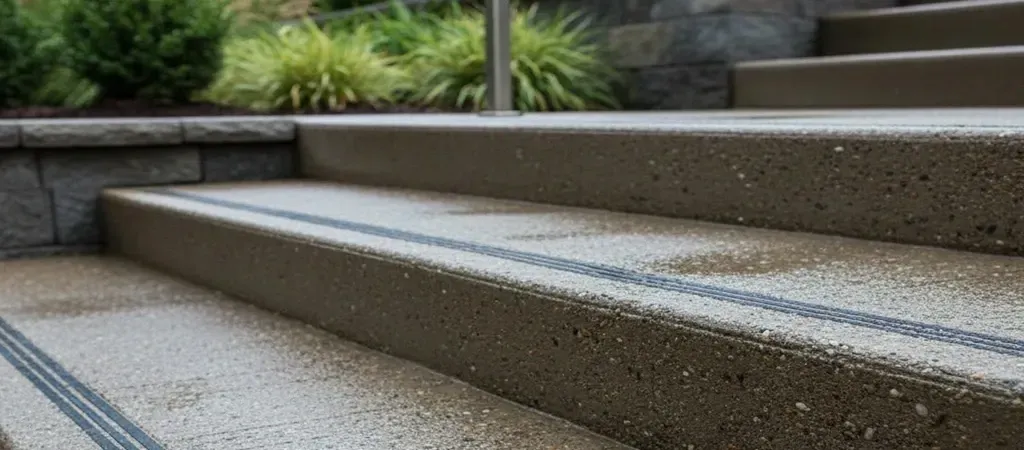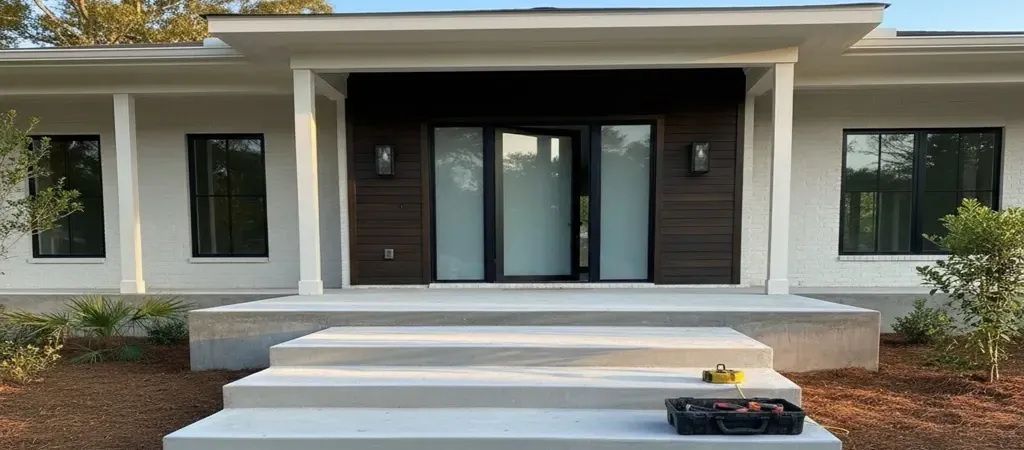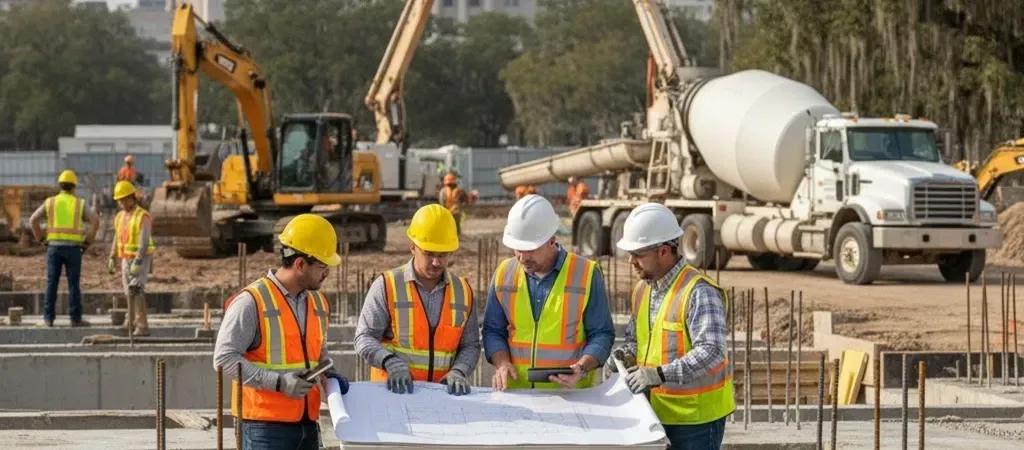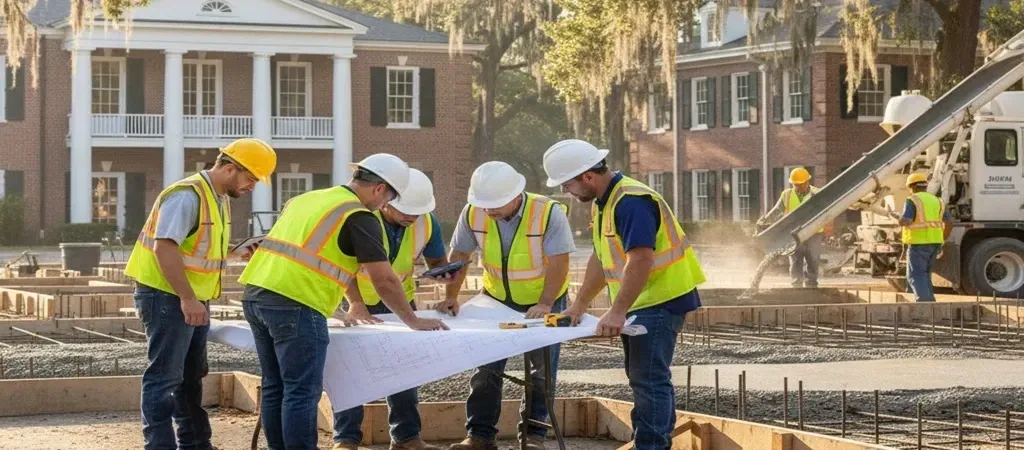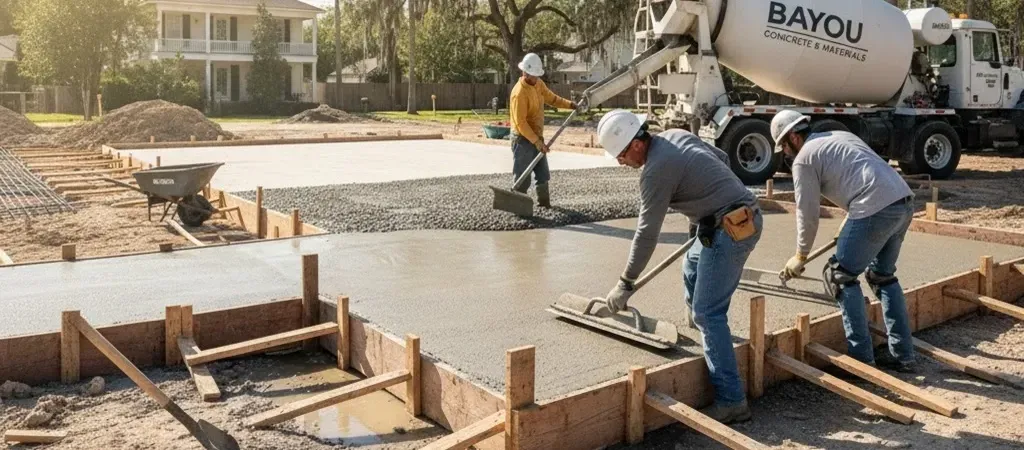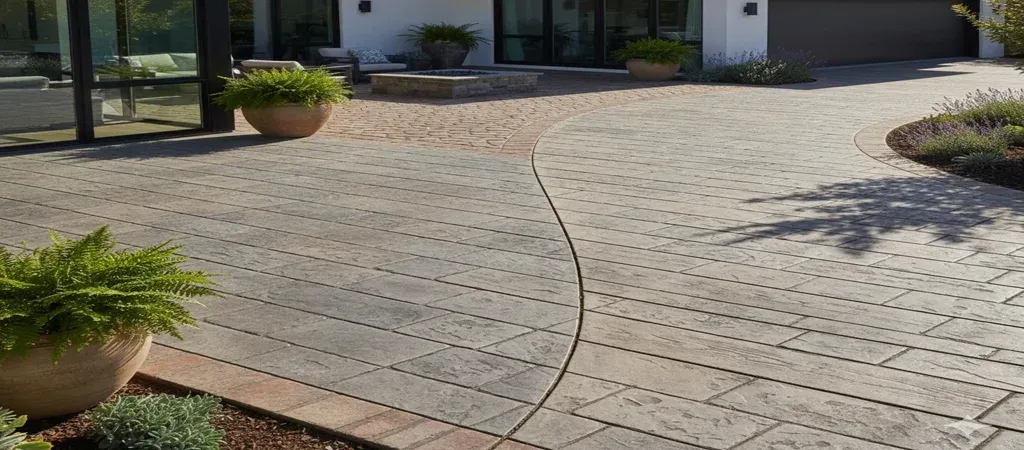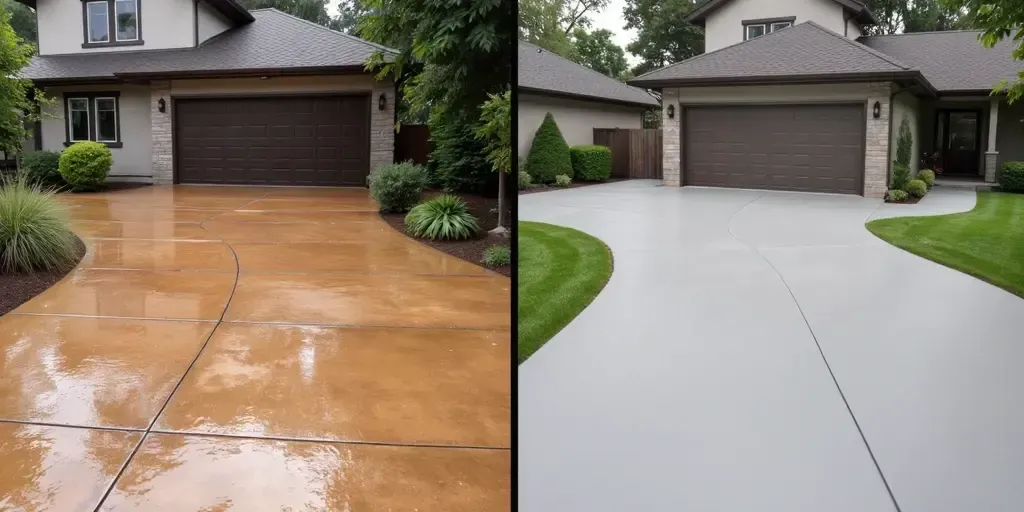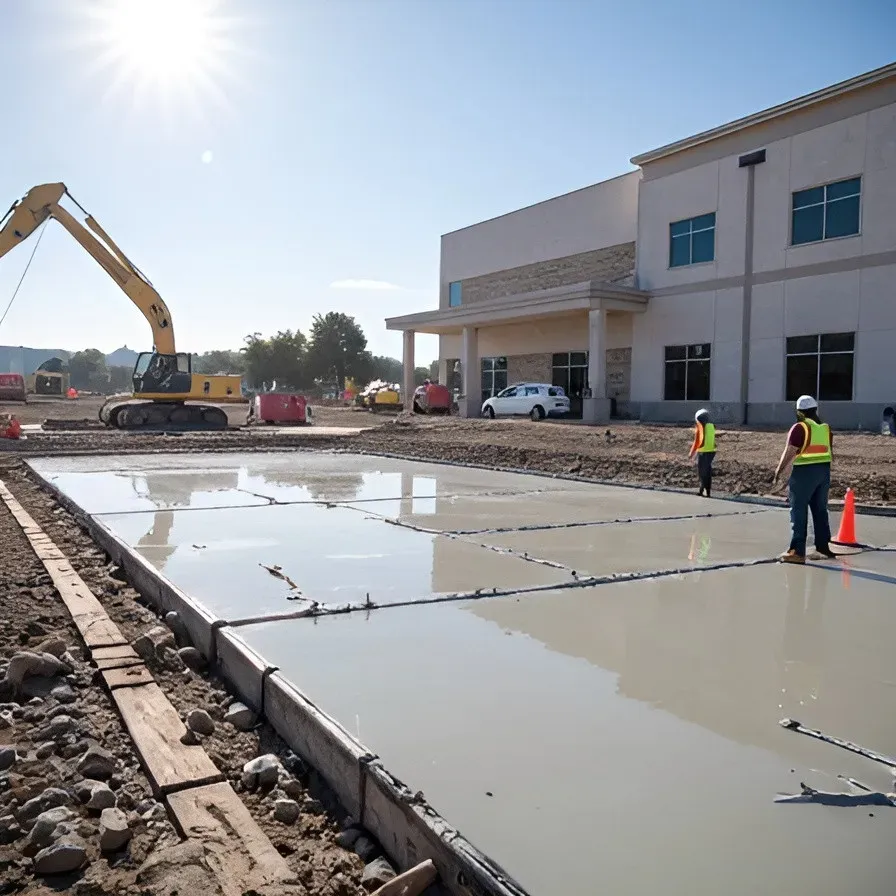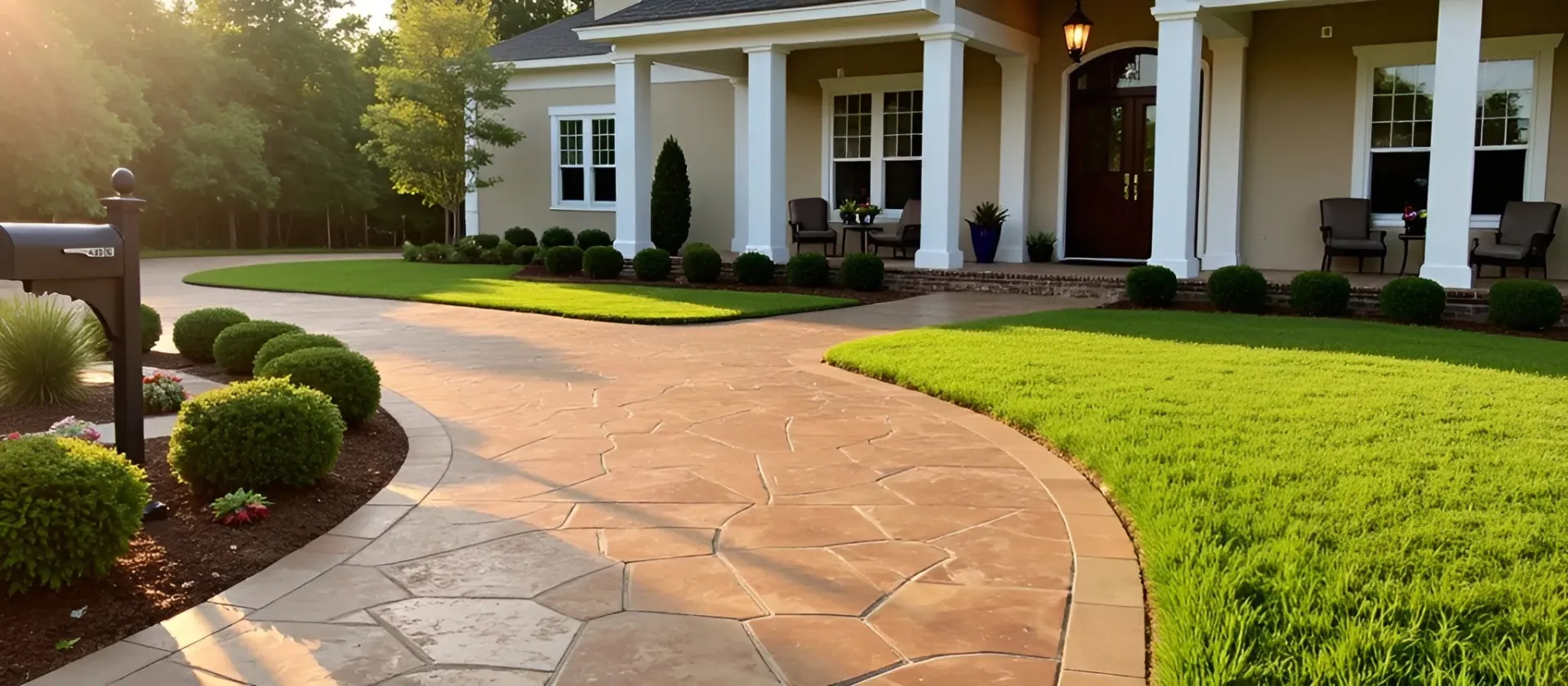The Importance of Proper Concrete Sealing in Baton Rouge: Tips for Longevity
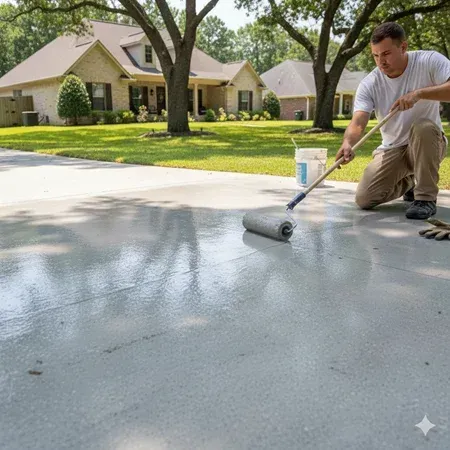
Concrete in itself is already considered a low-maintenance and durable material that can make any structure not only versatile in design but also solid in its build. But did you know that there are ways to further enhance your concrete’s long-lasting performance?
You might have heard this maintenance tip more than once from your
local concrete professionals, and for good reason too! Proper concrete sealing is one of the most essential and impactful ways of keeping your concrete protected and in tip-top shape.
Here we will be exploring why concrete sealing is highly recommended by your local concrete experts and why it would be considered necessary in influencing the longevity of your concrete build.
Protects against Moisture
- Water resistance - Sealers act as a protective layer that covers the surface of the concrete to prevent water from being absorbed through its pores. This barrier is caused by its hydrophobic properties, an attribute that most concrete sealers have that enables the material to repel water and reduce the chances of infiltration.
- Prevents Mold and Mildew Growth - The concrete sealer’s ability to block moisture helps prevent the growth of mold and mildew which are prominent and can easily spread in damp areas.
- Minimizes Porosity - Sealers fill up the tiny pores and cracks in concrete, making the material less porous. This minimizes the possible pathways where water can penetrate the concrete.
- Prevents Freeze-Thaw Damage - In areas that experience freeze-thaw cycles because of weather changes, sealers play a big role in preventing damage caused by the trapped frozen water in your concrete by ensuring water won’t be able to seep in from the start.
Durability
- Reduces Erosion - Erosion can be caused by weather, traffic, and other elements that can wear and tear your concrete. Sealing your material adds to its surface durability which can maintain the structural integrity of your concrete and reduce the chances of erosion.
- Prevents Water Penetration - When water seeps into your concrete it can cause significant damage, particularly during the freeze-thaw cycles where it can crack and spall due to your material expanding and contracting. Preventing this from happening by sealing off the pores that water or other fluids can penetrate through, increases the durability and longevity of your concrete.
- Minimizes Cracking - Cracks on concrete happen for various reasons, some of them being caused by internal pressure or chemical reactions due to water and substances seeping into the material. Sealing your concrete minimizes this risk and maintains its structural integrity, ensuring your material remains durable and long-lasting.
Stain Resistance
- Chemical Resistance - In places like garages, driveways, and industrial locations where it is common to be exposed to substances such as oil, grease, and chemicals, it is highly beneficial to seal your concrete as this makes your material resistant to common stains.
- Prevents organic stains - Mold and mildew thrive in damp environments and can spread to many areas causing dark and unattractive stains. Because sealing your concrete keeps moisture out, this reduces the possibility of these growths, helping to maintain a clean and uncontaminated appearance.
- Easy Cleaning - Sealants create a smooth surface on top of your concrete and make it less susceptible for dirt and debris to build up. This makes cleaning easier to do as stains and spills can be cleared without difficulty before they can set in and cause damage and permanent discoloration.
Enhanced Appearance
- Attractive Finishes - Sealers have a range of different finishes to choose from depending on your preference as a homeowner. Options can go from matte, satin, and to a glossy finish, making your concrete look sophisticated and visually appealing.
- Enhanced Design - For decorative and textured concrete, sealing your material enhances and adds more vibrance to its overall look and color, highlighting all the little details to make the featured elements stand out and boost the aesthetic appeal of its design.
- Prevents Discoloration - Sealers form a protective barrier against elements such as UV rays, moisture, and organic or chemical substances. This barrier helps preserve the original appearance of the concrete and prevents the color and material from fading or discoloring in time.
Reduced Dusting
- Surface Hardening - Most sealers contain components that can harden the surface of your concrete, adding to its durability and making it more resistant to erosion and deterioration. This hardening minimizes dust from generating due to the surface breaking down over time.
- Filling up pores - Concrete sealers fill up the little porous openings and cracks in the concrete. This reduces the amount of concrete particles that can loosen and turn into airborne dust because of the sealer’s binding ability to hold them in place.
- Surface film barrier - Some sealers form a fine film-like barrier over the concrete’s surface. This film prevents the concrete from shedding loose particles that can turn into dust.
UV Protection
- Surface Hardening - Most sealers contain components that can harden the surface of your concrete, adding to its durability and making it more resistant to erosion and deterioration. This hardening minimizes dust from generating due to the surface breaking down over time.
- Filling up Pores - Concrete sealers fill up the little porous openings and cracks in the concrete. This reduces the amount of concrete particles that can loosen and turn into airborne dust because of the sealer’s binding ability to hold them in place.
- Surface Film Barrier - Some sealers form a fine film-like barrier over the concrete’s surface. This film prevents the concrete from shedding loose particles which can turn into dust.
Whether you’re thinking of a newly finished project or an existing structure that needs that extra care this time around, adding concrete sealing to your overall concrete maintenance will ensure your build gets the best buffer against wear and tear.
When hiring a professional concrete contractor, make sure to check this Concrete Contractor's Code of Ethics ideas to ensure the quality, safety, and satisfaction. Contact us now!
